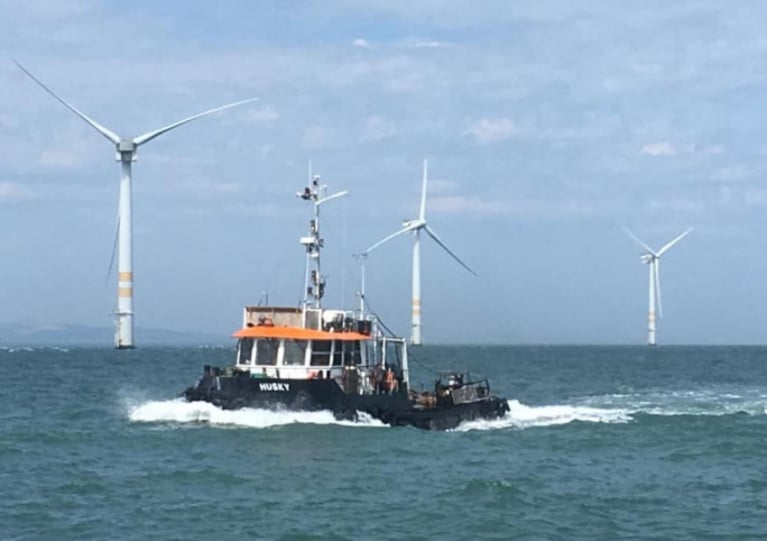Displaying items by tag: SSE Renewables
SSE Renewables has confirmed that it has withdrawn from a consortium to build a hydrogen gas hub in the Port of Galway.
The renewables company, which owns the Galway Wind Park, among other projects, was a lead partner in the Galway Hydrogen Valley project, which was announced by former Taoiseach Micheál Martin in April 2022.
However, Galway city councillors have been told that Bord na Móna will replace SSE Renewables in the consortium.
The consortium has six other members – University of Galway, the Port of Galway, CIÉ Group and Bus Éireann, Aran Islands Ferries, Lasta Mara Teo and Aer Arann Islands.
In a statement, SSE Renewables said that it came to the decision to withdraw from the application for European funding from the Clean Hydrogen Partnership for the Galway Hydrogen Valley last year.
"With regard to the development of a hydrogen production facility at [Galway] Port, emerging complexities with the grid connection for the project and the associated design, has meant our plans to produce hydrogen at the port were no longer viable,” the statement said.
“For that reason, we could not continue with the development as planned,” it said.
"SSE is continuing to explore opportunities to develop other hydrogen projects,” it said.
Planning permission has been granted for the onshore infrastructure required for the second phase of the Arklow Bank Wind Park, according to the Business Post (subscription required).
SSE Renewables’ proposed €2.5 billion offshore wind project is earmarked for a site in the Irish Sea and is touted to generate 800MW of renewable wind energy upon its targeted completion in 2028.
In March, Afloat.ie noted the company’s plans to expand the second phase of the project thanks to a new planning regime under the Maritime Area Planning Act.
Round Table Discusses Ireland’s Offshore Wind Energy Ambitions
SSE Renewables recently hosted a virtual round table discussion with key stakeholders in the wind energy industry, examining their role in delivering on the Irish Government’s ambition for offshore wind energy.
Among those taking part was Paul Brewster of the Irish Marine Development Office (IMDO), who was involved in supporting the work of the Development Task Force nearly five years ago as part of Ireland’s integrated marine plan, Harnessing Our Ocean Wealth.
Offshore renewable energy was identified at the round table as a big growth area that could make a significant contribution to a step change in our ocean economy.
SSE Renewables, which is planning the expansion of Ireland’s first operating wind farm at Arklow Bank, says the policy and supports needed for the industry have now aligned.
And while all stakeholders had concerns about delays to foreshore licensing legislation, the industry has moved from hoping for progress to planning, and the conversations have become more commercially focused.
Read the full report from this round table discussion on pages 22-27 of the latest Eolas Magazine.
























































